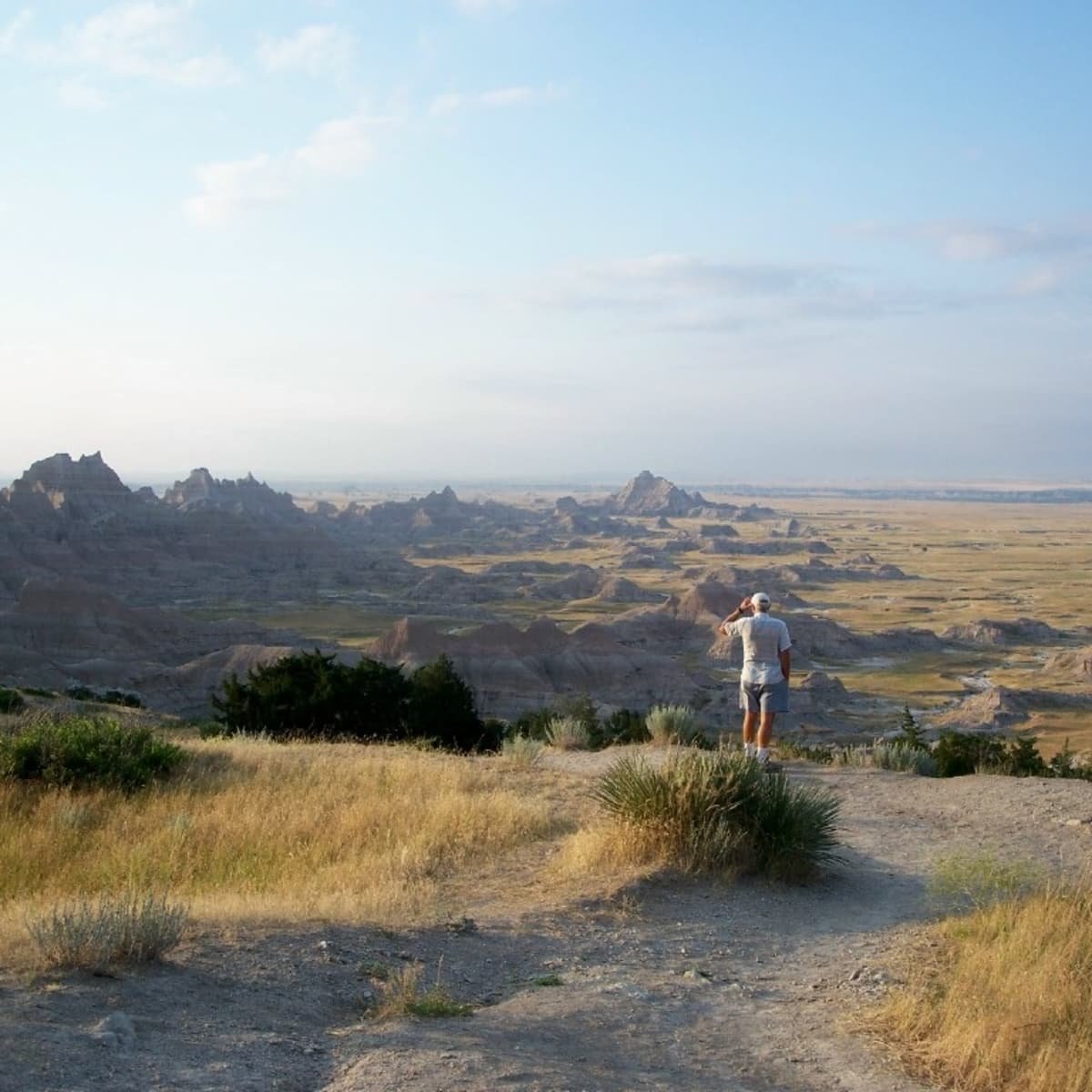If you’re planning to move into an RV full-time, you‘ll want to know which states allow it. Many states are friendly to RVs and don’t have many restrictions, but there are some that are not as friendly.


Some of the less-friendly states for RVers include Wyoming, New York, and California. While it’s technically possible to live in an RV in these places, there are still strict rules that you’ll need to follow, and you’ll need to pay higher gas prices.
One common question about the legality of living in an RV is, “Can I live in one on my property?” The answer is “no” in most cases, but there are a few exceptions. Unlike in a traditional house, an RV can legally be parked on public land, but you must be the owner of the land.
In order to avoid trouble, keep your RV clean and well maintained. You may be fined by the city if you’re not careful about your appearance. If you’re concerned about legal issues, try to talk to your local neighborhood board or leaders to avoid problems. You can also try using a mail forwarding service to avoid any problems with the government.
While living in an RV is legal in most states, it’s a good idea to check local zoning laws first. Many cities have restrictions on how long RVs can stay in a city. You may also need to meet sewage and water requirements before locating an RV in a city.
If you’re looking for a state with a favorable climate, Washington State is a great place to live in an RV full time. The weather in Washington is relatively mild year-round, and it also offers low auto insurance rates. It’s also a great state for full-time RVers to spend their shoulder seasons. Although the summers here can be hot, the temperatures are comfortable, and winter temperatures are safe for RV travel.
While most states allow full-time RV living, some are better for it than others. In addition to weather conditions, some states have federal or national parks that are ideal for living in an RV. You can also meet other RV owners and enjoy a sense of community at RV parks. RV parks also often have the infrastructure necessary to support full-time RV living.
When you decide to live in an RV full-time, make sure that you have access to legal services and information. It is vital to have a legal address to register your vehicle, vote, and receive mail. You can claim domicile at your property, ask a family member to claim it as their residence, or use a mail forwarding service. The latter will cost you around $100 a year.
Once you decide to live in an RV full-time, you’ll need to choose the right model. You’ll need enough space to accommodate your family, so consider the size of your RV and the number of beds you’ll need. Also, make sure to have a tow vehicle available in case of emergencies. Make sure to research all of the recommended RV makes and models, and test drive them before making your final decision.
